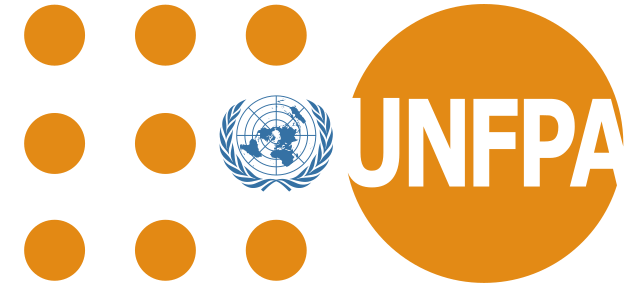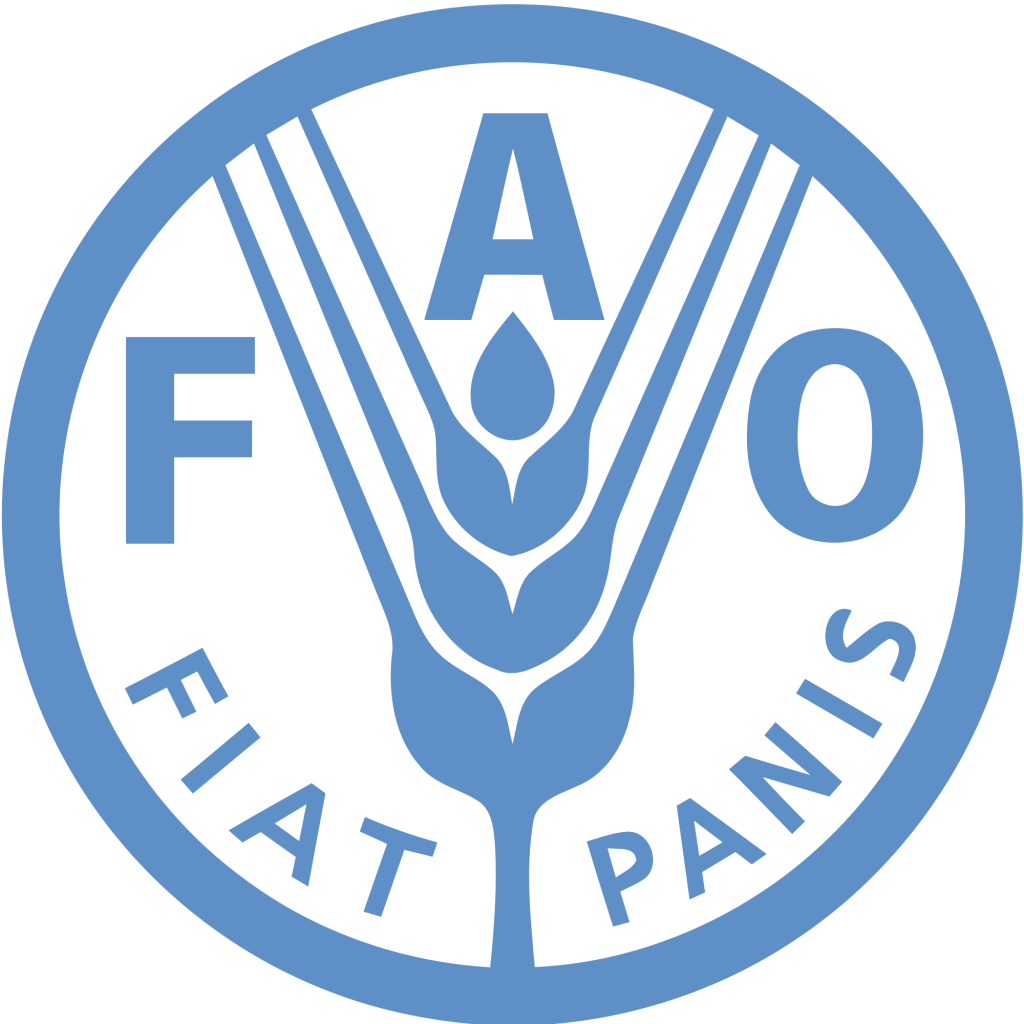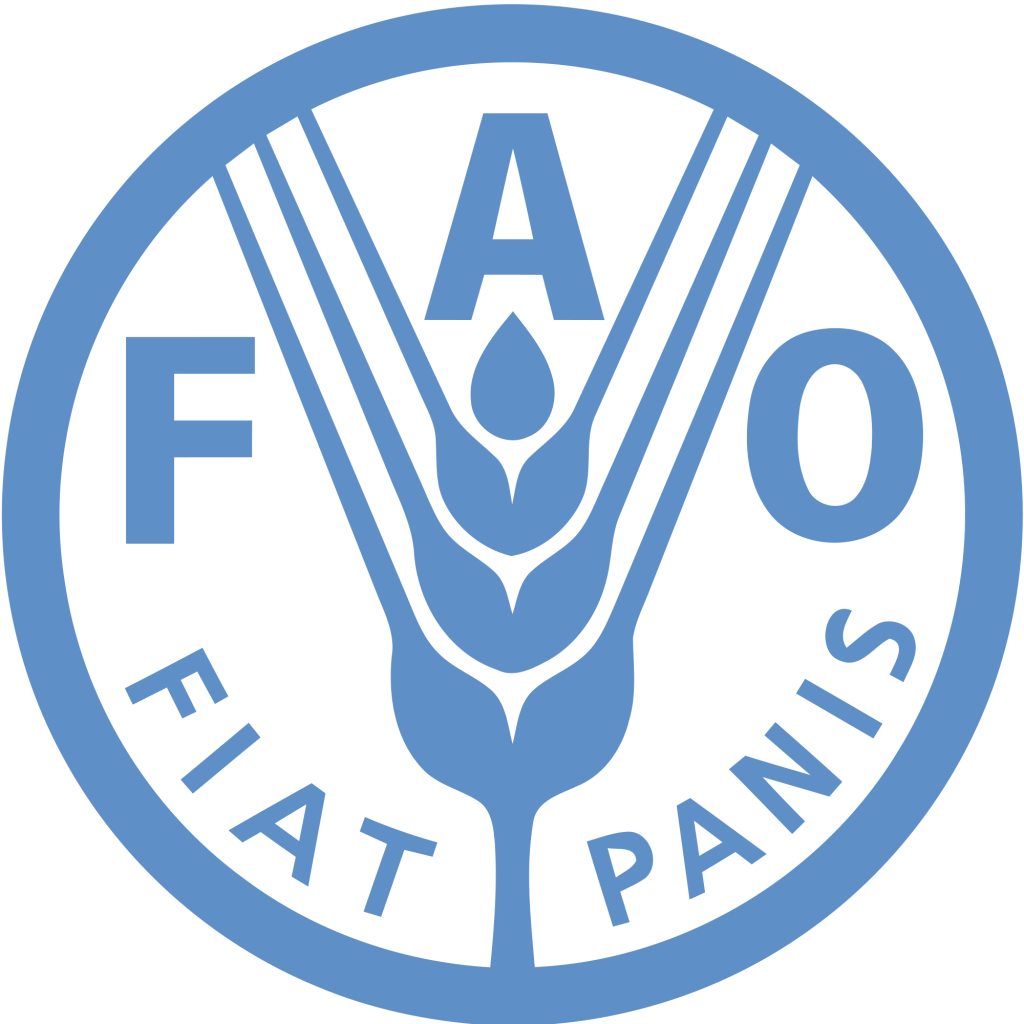Empresa Brasileira de Pesquisa Agropecuária
A Empresa Brasileira de Pesquisa Agropecuária (Embrapa) foi criada em 26 de abril de 1973 e é vinculada ao Ministério da Agricultura, Pecuária e Abastecimento (Mapa). Desde a nossa criação, assumimos um desafio: desenvolver, em conjunto com nossos parceiros do Sistema Nacional de Pesquisa Agropecuária (SNPA), um modelo de agricultura e pecuária tropical genuinamente brasileiro, superando as barreiras que limitavam a produção de alimentos, fibras e energia no nosso País.












